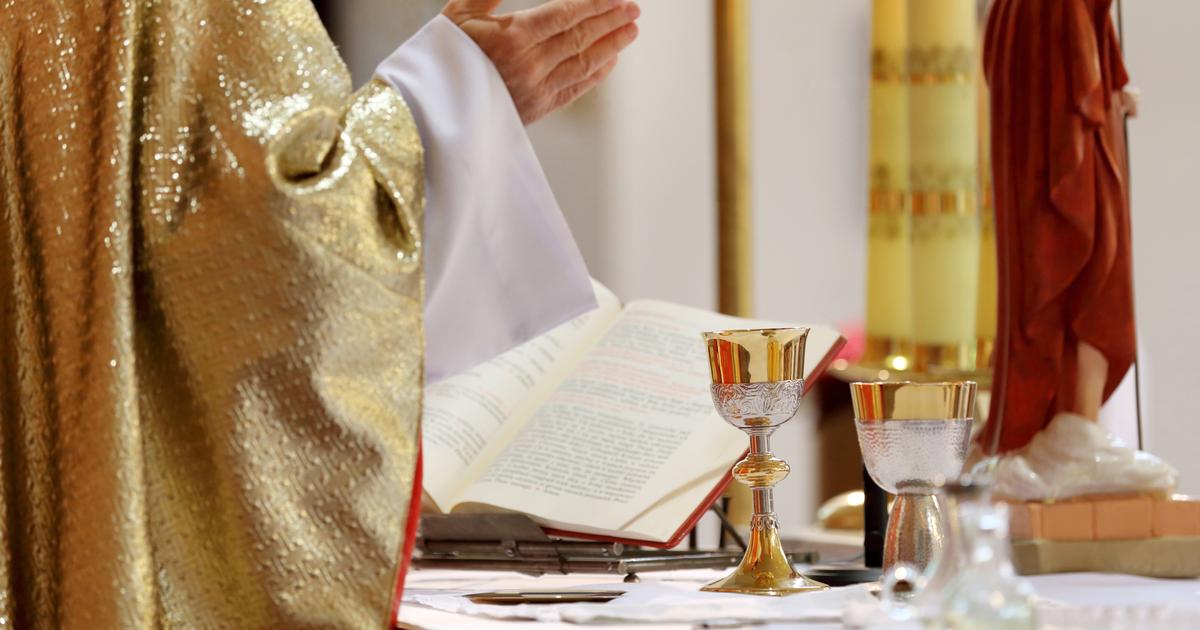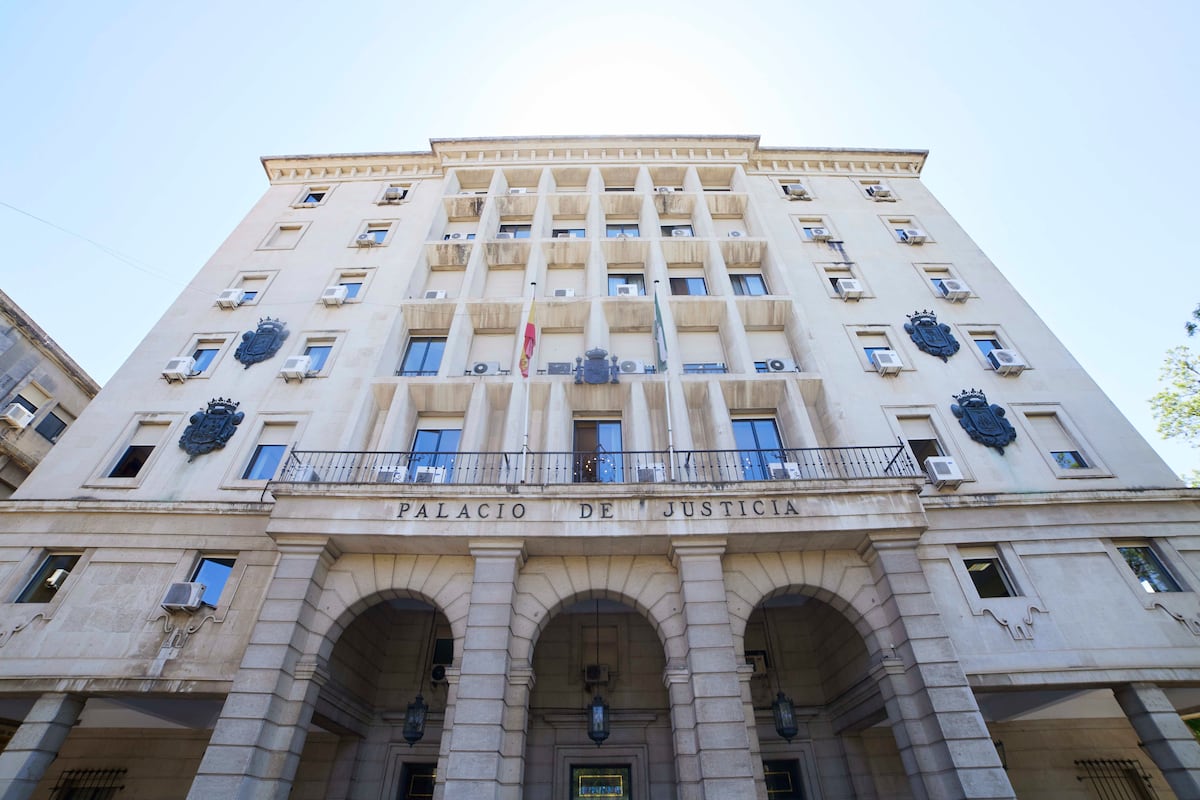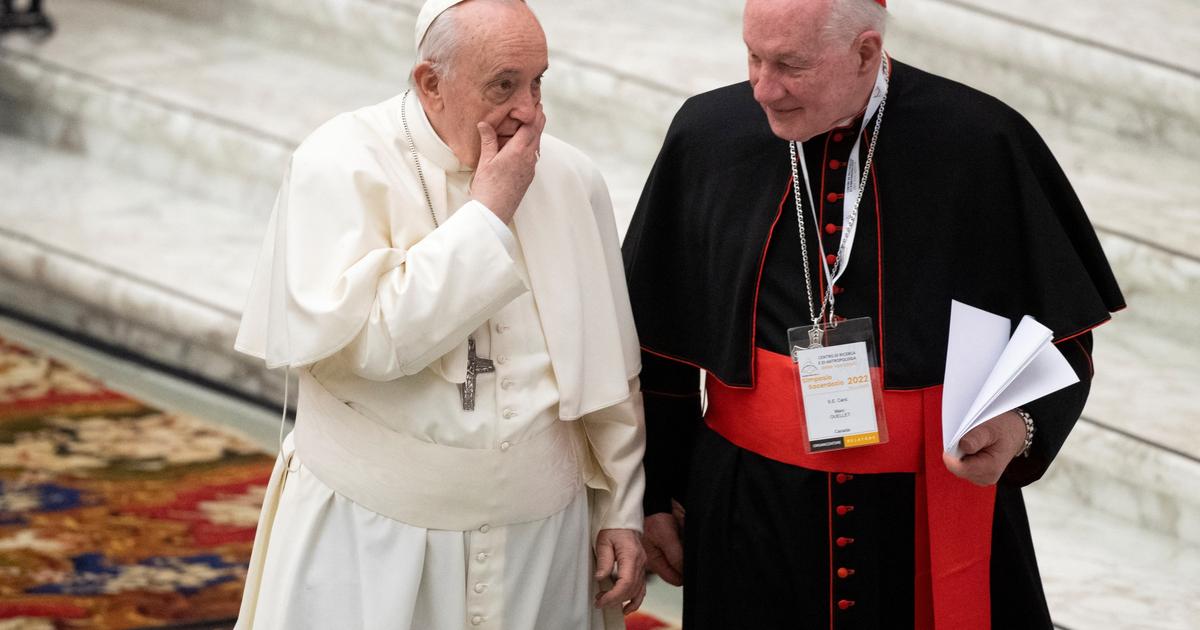This is recommendation 40 of the report of the Independent Commission on Sexual Abuse in the Church (CIASE):
"Establish without delay the canonical interdiocesan penal court announced in March 2021
".
Last March, the French Bishops' Conference (CEF) announced the forthcoming creation of a “canonical interdiocesan penal court
”
at national level to fight against child crime in the Church.
Read alsoSexual abuse: the Church shocked by the truth
If a priest is found guilty of sexual assault, this jurisdiction could - like a local ecclesiastical court - pronounce a number of sanctions, which cannot be taken by a state court: ban on celebrating or even participating in mass in public , to use an honorary title, even dismissal from the clerical state - the most serious penalty that can be pronounced by ecclesiastical justice.
Its establishment does not depend only on the French episcopate but also on the Vatican, and more precisely on the Tribunal of the Apostolic Signature, the supreme Roman legal body of the Catholic Church, which must give its directives.
"There were contacts made with the Apostolic Signature and the work is well advanced"
, specifies Father Bruno Gonçalves, professor of penal law at the Faculty of Canon Law of the Catholic Institute of Paris.
A tribunal specializing in canon criminal law
This ecclesiastical court would have for vocation to judge all the
“penal” cases
within the Church: the questions of sexual abuse in the clergy like the financial crimes, for example.
In the Church, any case concerning the sexual abuse of minors must go through the Congregation for the Doctrine of the Faith (CDF), an important Vatican dicastery, which, since 2001, has been responsible for investigating cases of sexual assault on minors. and instruct bishops accordingly.
Read alsoThe Church's plan against pedophilia
When a bishop becomes aware of a report against a priest, he must conduct a preliminary diocesan investigation to ensure the credibility of the facts, then send his investigation, if necessary, to the CDF, which will then give guidelines for the conduct of a trial.
The process, diocesan, can then take an “administrative” or “judicial penal” form.
Astrid Kaptijn, professor of canon law in Friborg (Switzerland) and member of the CIASE, explains:
“In an administrative process, the bishop is the only one to make the final decision, surrounded by two advisers who give only one opinion.
The CDF has a certain preference for this type of trial, which is faster and less laborious.
But most bishops have little knowledge of canon law ”
.
In a criminal judicial process, the court must be collegial (three judges minimum).
The victim can constitute himself as a “third person” during a
“contentious”
action
linked to the criminal proceedings to request compensation for the
“damage”
suffered.
In the current configuration, the Catholic Church lacks competent judges.
Once the national canonical criminal court has been created, one can imagine that if
"the CDF decides on a judicial criminal trial, it will be this national court which will be competent"
, continues Astrid Kaptijn.
A local justice which lacks trained canonists
The CIASE recommends to ensure “
the effectiveness and the appearance of its competence and its impartiality, in particular by a real collegiality and by the integration within it, not only of expert priests, but also of specially trained lay judges. ".
Read alsoPope Francis launches his great reform
At the local level, ecclesiastical courts are often already “interdiocesan”.
For lack of specialists in canon law, the courts are attached to several dioceses in the same region.
These courts have global competences. The procedures to obtain a nullity of marriage occupy almost 90% of their activity. But with the increasing media coverage of cases of child criminality in the Church, the number of canonical trials of clerics accused of sexual abuse has continued to increase for ten years. The courts then found themselves overloaded, faced with judges with little training in criminal matters:
"By dint of dealing in the majority with matrimonial matters, these courts have lost the habit of practicing criminal law, and therefore of training in business matters. criminal
”, notes Father Gonçalves.
"We have very few canonists in France, and even fewer specialists in criminal law
", abounds Bénédicte Draillard, investigating judge at the Lyon court for several years.
In need of impartiality
It is no coincidence that the CIASE insists on the need to guarantee the “impartiality” of the national canonical criminal court.
"The functioning of criminal justice means that it is always the bishop who is at the initiative of the canonical procedure
," resumed Father Gonçalves.
However, sometimes the bishop must make these decisions with regard to someone whom he himself has ordained a priest. Monsignor Bataille, bishop of Saint-Étienne, in 2018, for example relieved of his duties his right arm, the vicar general
(accused of "inappropriate gestures" (sic) on a minor, according to the bishop, Editor's note)
. The bishop is therefore sometimes judge and party. ”
"It happened to me myself to be vis-à-vis people that I had already met"
, confides Father Gonçalves, who was notably president of the ecclesiastical tribunal within the framework of the trial against Bernard Preynat.
Read also Preynat case: the ex-priest tells about the management of his pedophilia by the Church
“At the level of a diocese, and while there are fewer and fewer priests, everyone knows each other! The bishop - or more exactly the vicar, named "official" who must judge on behalf of the bishop - judges one of his peers, it is unbearable "
, moved Bénédicte Draillard.
A rotating presidency envisaged?
With this new tribunal, diocesan trials could be “disoriented” at the national level.
The tribunal would thus function with a rotating presidency, explains Astrid Kaptijn:
“The idea is to have a list of judges, and, for each trial, a new tribunal would be set up.
These 'rounds of judges' would allow an accused person not to be tried by a direct colleague from the same diocese. ”
Read alsoFaced with the scandal of sexual abuse, how the Church trains its future priests
Strengthen the presence of lay people,
especially
women
To ensure this impartiality, the CIASE also insists on a real
"collegiality"
by
"the integration within it (...) of lay judges"
.
"This would go in the direction of greater independence, preventing clerics from judging clerics, which would remain a clerical affair"
, comments Astrid Kaptijn.
Bénédicte Draillard knows something about it.
In 2017, she resigned, in the midst of the Preynat affair, because of the lack of legitimacy that the clerics granted her within the officiality of Lyon:
“As lay people, we did not have our say, and even less a woman.
We were made aware of nothing.
Everything that touched on clerics was dealt with only by clerics. "
Read also "We must not reduce the question of the place of women in the Church to the ordination of women priests"
"If we have to put lay people, we especially need women: the judge must be a clerk, there will never be real parity if we only put men"
, pleads the former judge auditor.
In addition, a woman would bring a different perspective on cases of sexual abuse of minors, she argues:
"When you touch her children, a woman becomes a lioness!"
.
Lay formation takes time ... and candidates
This training of canonists in criminal law is not, however, obvious.
“It takes several years to train a canonist, then it takes practice.
Staff will have to be found who agree to be assigned to this function for a certain period of time, ”
Fr Gonçalves thus objected.
A fortiori
for the laity.
“These are three years of difficult studies to do volunteer work,”
warns Bénédicte Draillard.
Read alsoPedophilia: Pope Francis hardens canon law
Today, the faculty of canon law of the Catholic Institute of Paris
"is looking for patrons to promote the laity and especially the female laity, in particular to help in the formation of nuns, because canon law remains, it is true, a very generally masculine material ”
, underlines Father Gonçalves.
The creation of this national court would not solve everything.
Many are wondering in particular about the advisability of further reforming the code of canon law, despite significant progress in its reform announced last June by Pope Francis.

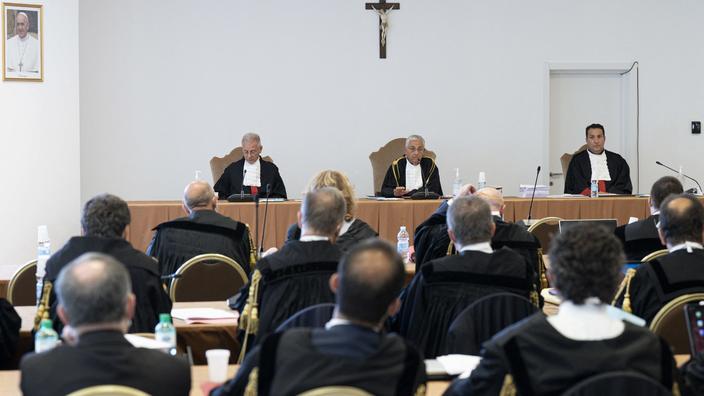
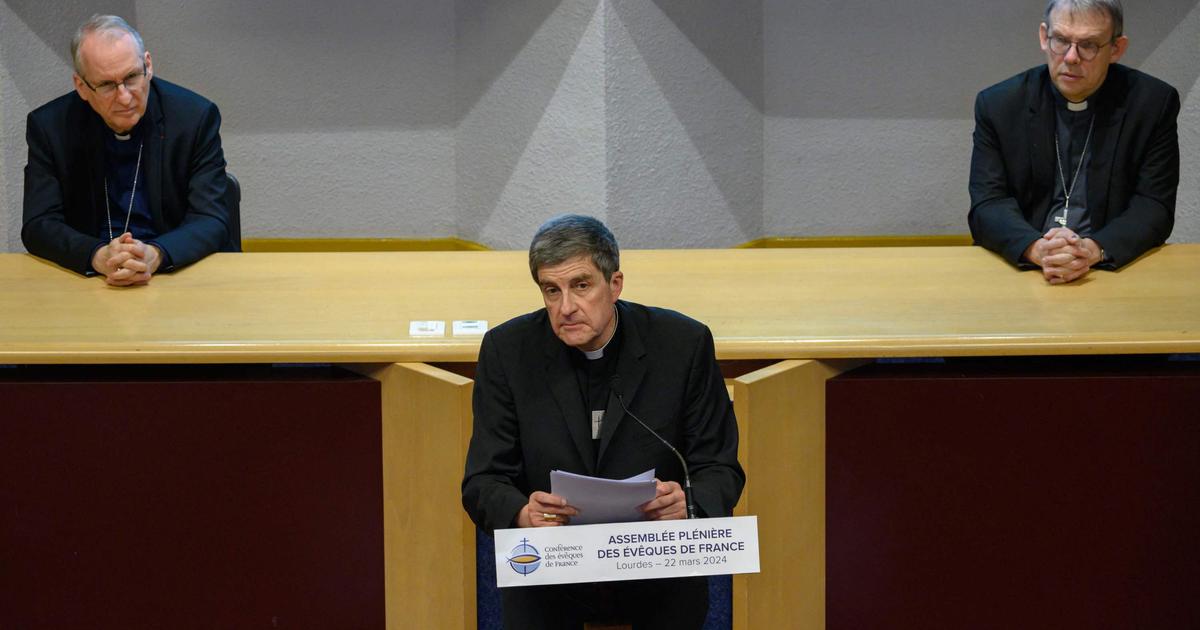
/cloudfront-eu-central-1.images.arcpublishing.com/prisa/CDLMN2QW2RHKPMWXAHXMURZ2NA.jpeg)


